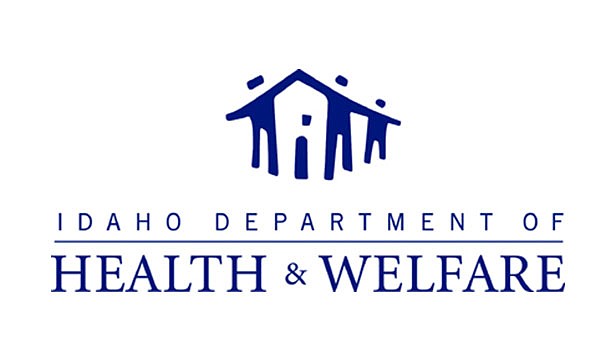State plans 'routine surveillance' of COVID-19
COEUR d’ALENE — With the two-year anniversary of the first case of COVID-19 in Idaho behind it, the Department of Health and Welfare is changing its surveillance of COVID-19.
Officials said Tuesday it will put less emphasis on daily new cases, change the type of data and how often it posts information about COVID-19 on its website and has ended regular media briefings.
They said they were pleased that COVID indicators — cases, deaths, hospitalizations, positivity rates – are continuing to decline.
There was no plea from state officials for people to get vaccinated during the 30-minute meeting, and even the need for booster shots wasn’t certain, with a mention they might be necessary only for people with compromised immune systems.
“Surveillance for COVID-19 will begin to look a little more like the routine surveillance that we do for other viral respiratory diseases that we track,” said Dr. Kathryn Turner, deputy state epidemiologist.
Elke Shaw-Tulloch, administrator for the Division of Public Health, said since the anniversary of Idaho’s first case of COVID-19 on March 13, 2020, the state has come a long way.
“We’re entering a new phase,” she said.
She said the new phase is marked by ample testing capacity, access to high quality masks, effective treatment and plenty of vaccine to go around.
Many more Idahoans have immunity, either by vaccine or by being infected, and there are more tools and more information about the virus to combat it.
“My hope is that we have some collective knowledge and experience now that will help shape this in the future,” she said.
Asked if the situation was similar to last summer, when COVID-19 seemed to be fading, but new waves of cases emerged, Shaw-Tulloch said no.
“I do feel that things are different,” she said.
Still, Shaw-Tulloch said the pandemic is not over, and added that “the virus that causes COVID-19 “is here to stay in the foreseeable future.”
“We’ll be monitoring the situation very closely to ensure that tests, treatment and vaccines are effective against any new variant that may arise,” she said.
Turner said that vaccines and prior infections don’t guarantee long-term protection. She said they do expect intermittent waves of COVID-19 still to come, and there is likely to be a new variant.
She said the DHW will “turn the heat down slowly."
“We don’t want to back off completely,” she said.

